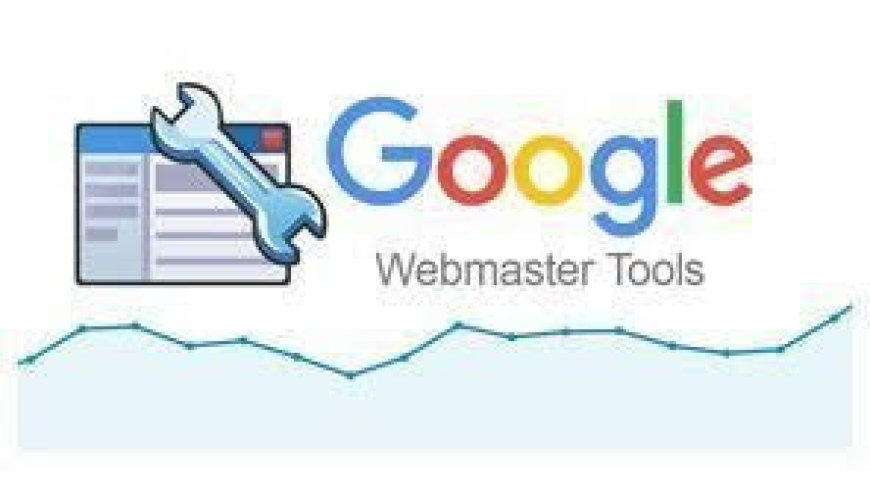Are You Aware About Webmaster Tools And Its Benefits?

Any knowledgeable SEO marketer knows that webmaster tools are essential components of their online marketing strategies. They provide an in-depth view into how Google indexes and evaluates websites to help marketers identify issues of website health and improve performance.
Agencies should regularly utilize monitoring tools on client sites to ensure they adhere to best practices and avoid penalties.
Identifying Issues
Google Webmaster Tools offers web admins an array of functions designed to maintain and improve the SEO health of their websites, such as retrieving Crawling-errors, monitoring indexing activity and analyzing backlinks.
These tools can assist marketing agencies in ensuring that the websites of their clients are functioning optimally, while also identifying any potential problems and suggesting potential solutions.
Search Console Errors pages can be an invaluable asset to digital marketing agencies, providing an overview of any errors discovered during GWT's crawl of your site and listing how often each specific error has recurred, with a list of affected pages. This information helps digital marketers focus their attention on those parts of their website that need further work.
Crawling
When managing a site with many pages and posts, you need to keep track of which are being crawled - which is why Webmaster Tools offers a Crawl Errors report. Regular website audits should be carried out, as this will highlight issues that need to be fixed quickly or risk negatively impacting search visibility. Furthermore, using Google's URL Inspection tool you can see how Google views specific pages with its index status, crawlability status, structured data validation status and AMP compatibility checks.
At Webmaster Tools, it displays Core Web Vitals metrics which are user-oriented performance indicators like load speed, interactivity and visual stability that enable you to monitor user experience - this in turn can contribute to improved SEO results over time. To access these, navigate to the Experience tab in Webmaster Tools dashboard - this allows digital marketers to identify and prioritize website health issues efficiently so they can transform websites from mere digital dots into effective business assets.
Indexing
Webmaster Tools' crawling errors and problems section are only half the story: its index coverage report gives an even clearer picture.
Here you can also see whether your site or individual pages have been hit with any manual penalties from Google. These penalties could affect sites, sections or individual pages and will outline any necessary changes you must make in order to get back into their good graces. Click here arminae.com/ or visit our official site to dive deeper into Webmaster Tools .
Rebranding Webmaster Tools to Search Console was no mere cosmetic decision; rather, it was in response to changing internet use and digital marketing landscape. While most features we all love remain, like sitemap submission and setting preferred domains - as well as ownership verification functionality - the interface has been refined while offering more functionality. For instance, users still submit sitemaps and set preferred domains in Search Console while its verification feature still offers features for ownership verification.
Security
Digital Marketing Agencies can use Webmaster Tools not only to optimize content and identify crawling issues, but also monitor website security. The tools will notify them if any issues exist and provide instructions for how to resolve them - this allows agencies to protect their clients' websites against malicious attacks while keeping pages up-to-date and ensure an effective online experience for their customers.
Google Webmaster Tools (GWT) is a suite of free web utilities created to assist the owners of websites in improving their visibility in search engine results, while helping web administrators identify errors or communicate concerns to Google.
Google Web Tool became Google Search Console on January 2018 - read about this major shift and its effects on current SEO strategies here.
What's Your Reaction?























